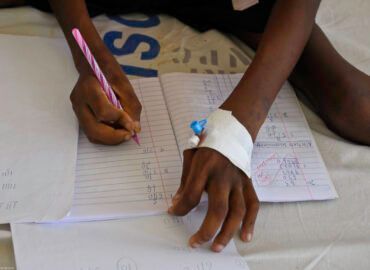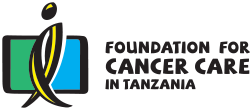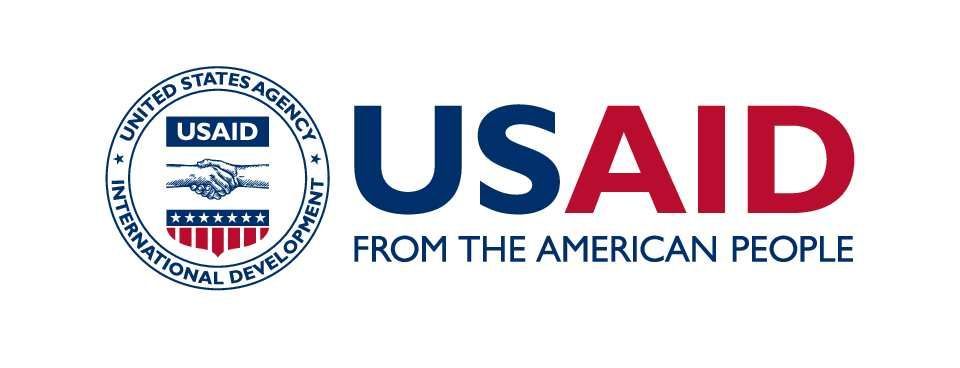KCMC-FCCT Tumor Board February 2024

KCMC-FCCT TUMOR BOARD
Three urologic cases were discussed at the February tumor board.
One case involved a patient who had undergone a nephrectomy at an outside institution several years ago for renal cell carcinoma. There was now evidence of peri-aortic adenopathy; however, CT guided needle biopsy was deemed infeasible. The discussion revolved around the likelihood that this was recurrent renal cell carcinoma versus a new primary malignancy such as non-Hodgkin’s lymphoma. Thru this discussion, we learned that PET CT scanning is now available in Kenya; PET scanning was not felt to be useful in this case: empiric tyrosine kinase inhibitor therapy with sunitinib directed at renal cell carcinoma was planned.
A second case involved a 25-year-old with metastatic renal medullary carcinoma (RMC) presenting as a large renal mass with extensive liver metastases. RMC is primarily seen in young persons of African descent who harbor the sickle cell gene. RMC is rare in the USA; however, Sub-Saharan Africa has the highest prevalence of sickle cell disease worldwide and therefore a higher incidence of these rare tumors. The prognosis for this malignancy is poor (https://www.ncbi.nlm.nih.gov/pmc/articles/PMC7096200/).
A third case involved a patient with locally advanced bladder cancer evaluated with cystoscopy and biopsy. A CT scan also identified peritoneal thickening suggestive of either peritoneal carcinomatosis or, perhaps, an alternative etiology such as stigmata from prior tuberculous peritonitis. Laparoscopic peritoneal biopsy was planned for further evaluation.
We concluded tumor conference with an update by our Tanzanian colleagues on several projects related to hepatobiliary cancer. Using tumor registry and electronic medical record data, two retrospective reviews on the presentation, management and outcomes of hepatocellular carcinoma and pancreatobiliary cancer are planned. This data will be used as baselines for prospective treatment studies of these two malignancies at KCMC.
KCMC’s cancer registry was established in 1998. It is one of 5 regional cancer registries from the 32 geographic regions of Tanzania. Staffed by three cancer registrars/statisticians, it obtains data from 18 hospitals in the Kilimanjaro Region of Tanzania, covering a population of over 1.5 million. It is a member of the African Cancer Registry Network (www.afcrn.org)


